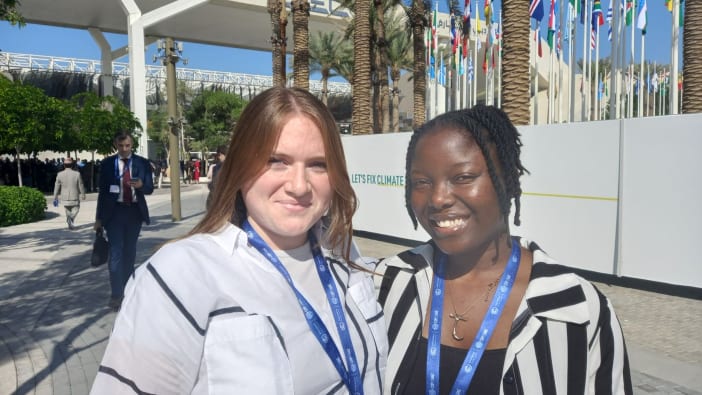Tearfund was delighted to be awarded one of the first Scottish Government Climate Justice Innovation grants. This grant enables us to research whether conservation agricultural techniques, combined with locally produced fertiliser, can protect Malawian farmers from the devastating effects of the fall armyworm.
The fall armyworm poses a major threat to food security and agricultural trade. Tearfund's partner SOLDEV is working with 300 farmers in Rhumpi district, with support from the University of Lilongwe and the Lunyangwa research station with the hope that the results can influence national policy on how to deal with this pest in a way that also protects the environment.
The project started in November 2017 and will continue this research until March 2020. Early indications from the research support the theory that a combination of conservation agriculture and using treated seeds not only increases agricultural yields but also offers some form of protection against Fall Armyworm.
Balaki Hara’s story
Balaki Hara is one of the lead farmers in the project and is responsible for overseeing and training 15 other farmers in the research activities. He is married and has 5 children as well as 3 nephews living with him. He was interested in becoming involved in the project as he thought it would be important for him to contribute to solutions which will lead to improved national food security.
In the first growing season of the project, Hara decided to dedicate an additional 0.2 hectares of his land to using conservation agriculture techniques as well as the land he had committed for the project trial plots. This led to a harvest of 54 pails of maize, weighing 20 kilograms each - almost double the yield he would have got using conventional farming methods.
Motivated by this increased yield, he increased the area of land that he was using Conservation Agricultural techniques on in the 2018/19 growing season to 0.3 hectares. He is expecting to harvest a minimum of 70 pails of maize which will enable his household to have food for around 10 months.
Hara said that in the last two years, he has observed only a very limited infestation of fall armyworm in the trial plots where he used both treated seeds and the conservation agriculture technique. This was much lower than in the plots where he used untreated seed and conventional farming methods. In addition to reducing the incidence of fall armyworm, he also said the techniques had other advantages for farming. For example, he has observed more moisture in the fields and a much greater harvest compared to the conventional method.
He continues to collect data from the project trial plots on the impact of the fall armyworm pest (e.g. foliage damage, presence of eggs and number of larvae) but convinced by what he has seen so far, he said, ‘I will not relent to continue motivating my fellow farmers in my area to embrace conservation agriculture and use of locally made fertilizer to reduce infestation of fall armyworm and improve yield.’











